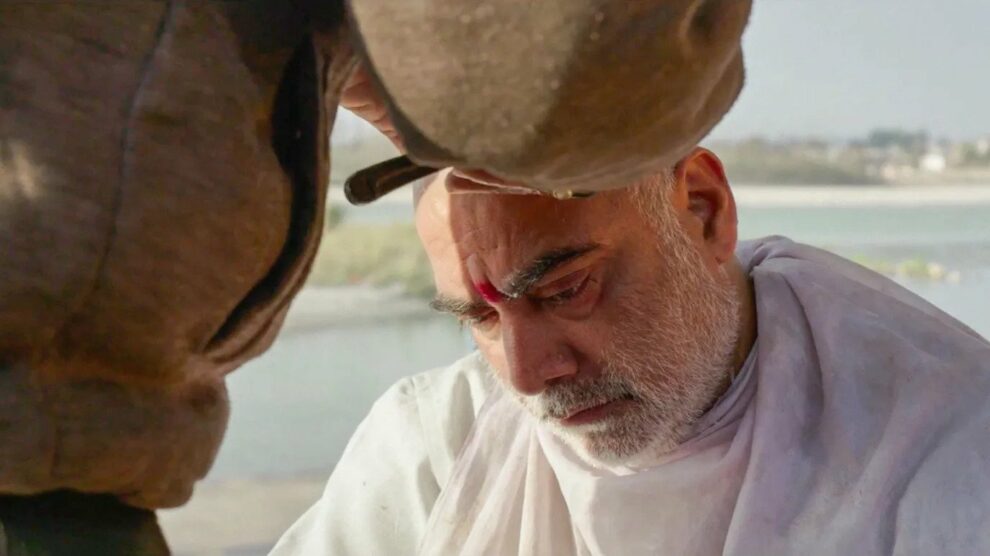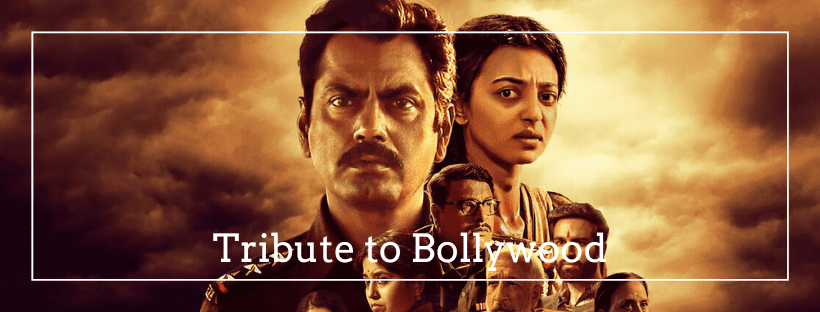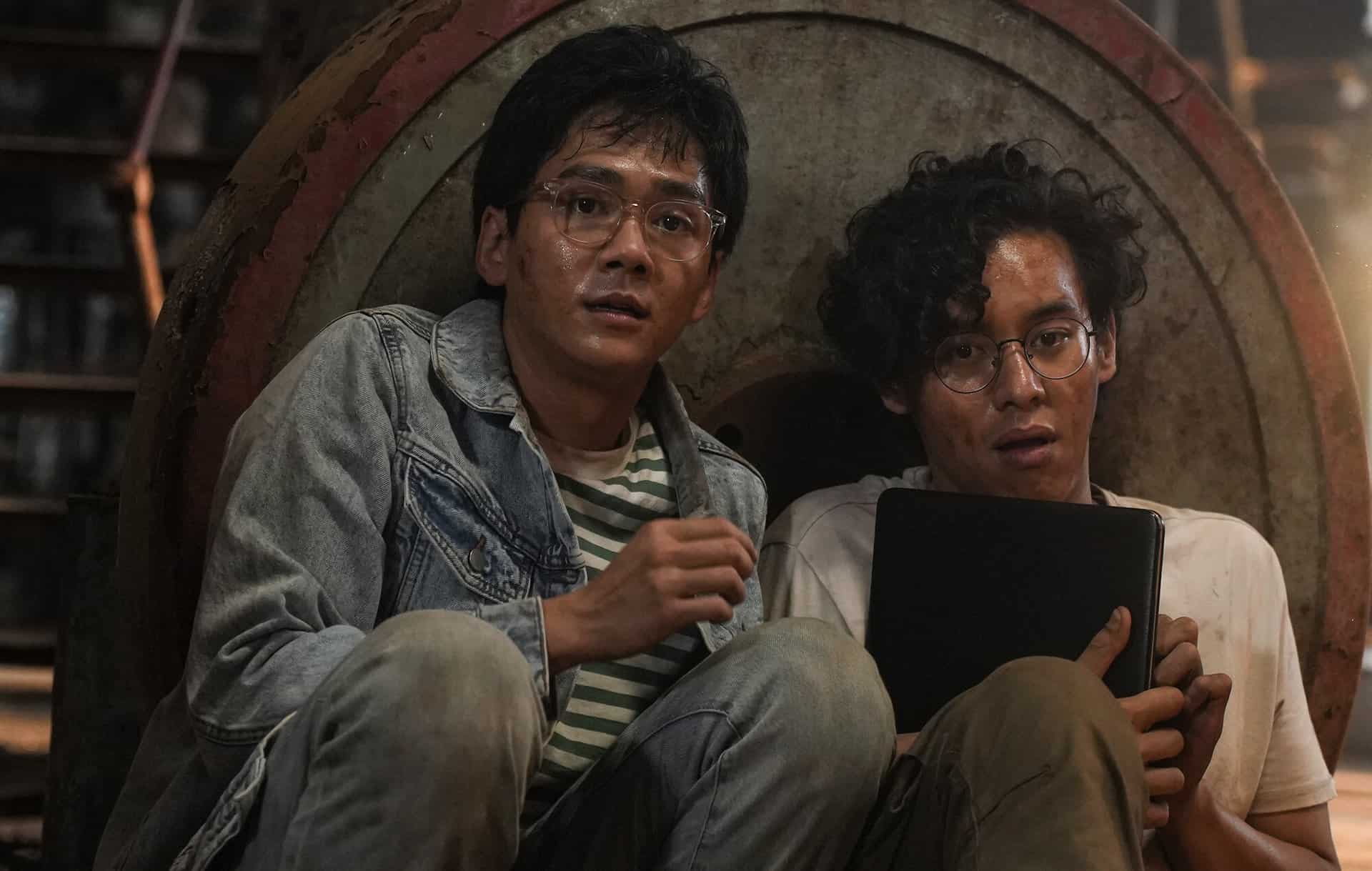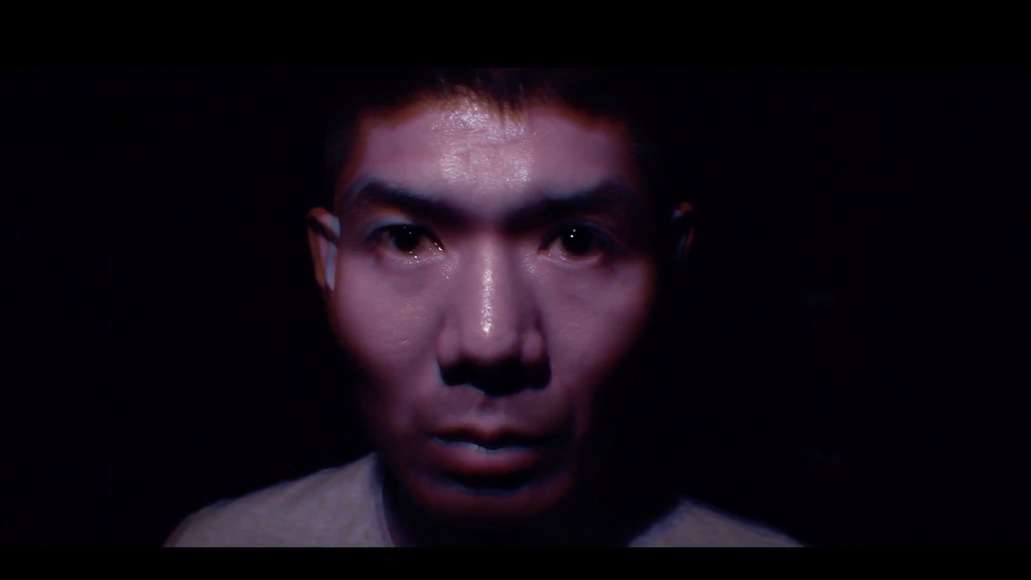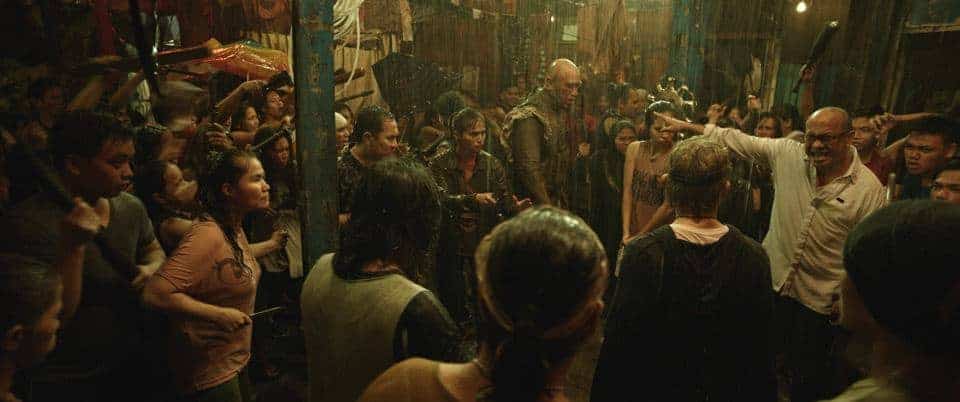In the past decade, the world has increasingly seen the rise of populist leaders to power, many of whom have blatantly wrapped themselves around the notions of xenophobia and bigotry. In fact, many even claim that we're living in the post-truth era, where widespread narratives concerning disputes over public truth masquerade under barbed nationalist sentiments. For over seven decades now, India – the world's largest democracy – has been held together by its constitution which promises equality to all its citizens. But with the rise of its populist leader since 2014, the cogs of its culturally rich populace started taking a more sinister turn; the years that have since followed remade a nation where some people count as more Indian than others. The Hindu hyper nationalists not only prefer theology to recast a project of religious statecraft, but there's also been an increased amount of control over the media to reaffirm state policies, thus, reinforcing the status quo.
Kashyap, often known for his distinctively angsty approach to the camera, is best known for some of the most culturally rooted films in Bollywood. However, in the last few years, the filmmaker has tried echoing his own voice through genres relatively new to him. While most of these were fairly made movies that gave him an opportunity to collaborate with different screenwriters, the piercing deftness of his earlier works had been missing for a while. “Chaar Chappalein” (Four Slippers), premiering at IFFR 2023, sees the filmmaker collaborate again with his longtime friend and lyricist Varun Grover. Through four rhyming chapters, the short tells the story of young Rajat, who gradually grows old into a life of social isolation. Adroitly spread across four chronologically rhyming chapters, we witness the emotional corruption of the man's soul as extreme political sentiments begin to impose on his uncertain fate. The movie, however, isn't as much about where the political class wants the country to head in, as it is about a single man's loss to religious hatred and zeal.
Four Slippers is screening at International Film Festival Rotterdam
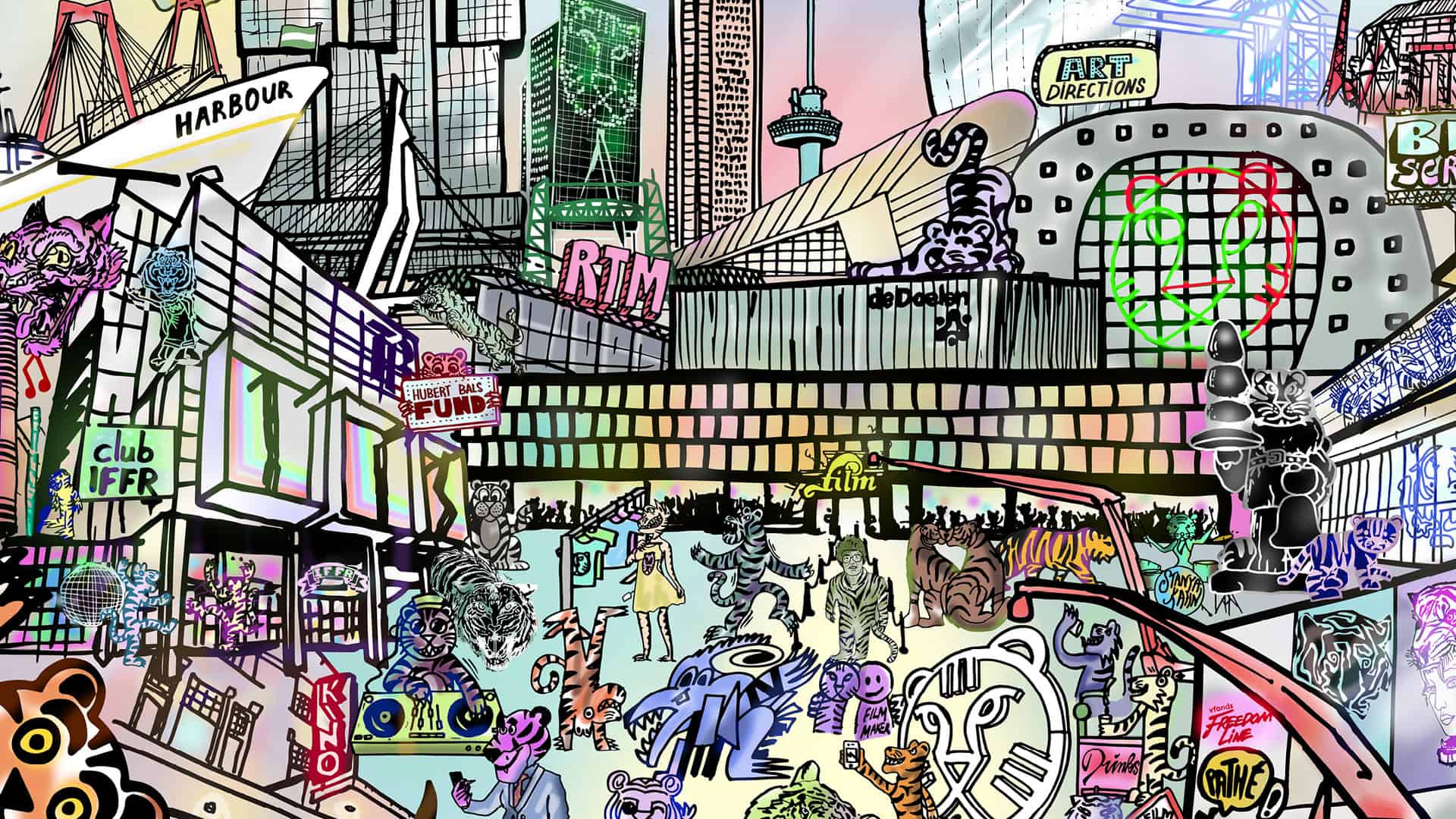
There's an unspeakable feeling of despair drenched with melancholia that the combination of Varun Grover's writing and Anurag Kashyap's direction has always brought to the screen. It's probably because of how at odds – at least on the surface – their approach to the artform feels: one relies on angst and chaos to evoke a sense of despair, while the other uses his lyrical dialogue to evoke similar dread. Within a crisp runtime of 30 minutes, the duo here tells the story of a nation in despair, echoed through the journey of a man who languishes long enough to see it morph into a dystopia. Each chapter, pointedly named after the ashramas (the four stages of life) of Hinduism, brings us Rajat's journey clouded by humiliation and disappointment. At a point in the first chapter where we see him as a schoolboy, Rajat is beaten up by a sadistic teacher in front of all his classmates; the teacher lights up his pupil's schoolbag on fire by pouring petrol over it. The image becomes a striking contention that not only sets Rajat's trajectory through his dark life, but also evokes a commentary powerful enough to proclaim the established class as turning a blind eye on a nation that prides itself for having the largest youth demographic.
While with the first chapter of the short we see the boy's social conditioning, it's through the second and third chapters that the movie begins to penetrate the Indian conscience of today, where squadrons of coaching institutes run side by side to just as many social media trolls that the government's own IT cell nurtures. While the former becomes an aspirational venue for millions of the hard-working unemployed youth to serve at the nation's highest levels, the latter gives the room to crush those very aspirations by handing over a greater purpose: of making India a Hindu supremacist state. It's amongst these monstrous IT cells where Rajat now finds himself in, rendered into a machine whose only job is to manufacture either lies or narratives that further demonize the minorities. Will Rajat be able to climb outside this isolated space that has no room to nurture love? Where are we headed as a society? Where did we go wrong? It's deeply pessimistic, yet utterly moving at once.
Out of every actor who plays Rajat, it's Manav Kaul who stands out the most; there's a deep resentment underneath his eyes in the portrayal of a youth worker, wrapped around the desire of creating a utopian nation. But along with that, there's also a moment when an off-screen character gets back at Rajat by reminding him of something from his own past, opening the gates to a flood of unfulfilled emotions to take over. A Kishore Kumar song from the late 70s becomes a recurring motif, the literal meaning of its lyrics gradually turning more sinister with each phase of Rajat's life, till they eventually just become a longing for a life that could've been. It's the similar poignancy with which we saw Varun Grover imbue 2015's extraordinary “Masaan” with (in both the films, key events take place around the Ganga ghats).
In an extensive scene of Rajat returning back from his work at the IT cell, we see him perform a religious ritual at his place. The sequence, however, places the desolated man's back against a mirror; the ritual in itself is kept hidden from us, while Rajat refuses to contemplate the true meaning of his religion. It's only in the final chapter of the film where we see him clinging onto a japa mala, both the camera as well as the man in frame no longer hiding away from the hope and love it inculcates. Two characters sit around the Ganga ghats, talking about how nothing's changed despite their own government being in power for 26 years. The movie, thus, doesn't spend its time asserting or challenging the objectivity of truth in the ‘post truth' era. Instead, it's by stretching the storyline beyond the temporal and into the eternal (the final chapter here is called Sannyasa, which is the last stage of life), that the film forebodes how it's already the time to renunciate notions that are insidiously corroding the very foundations of the world's largest democracy.
At one point in “Chaar Chappalein”, as we get to peep into a conversation between Rajat and his recently married wife through a barred window, we see the woman trying to act supportive of her husband right before his final attempt at the national civil exam. Out of frustration, Rajat slams her by saying how things would've looked different if she had withheld her ground back at her house before their marriage. It's perhaps the most telling scene in the movie, adroitly breaking down a deeply restrained and unemployed young man's fate, while also acting as a striking reminder to the viewers of what's at stake, before it all eventually morphs into an inevitable dystopia.


